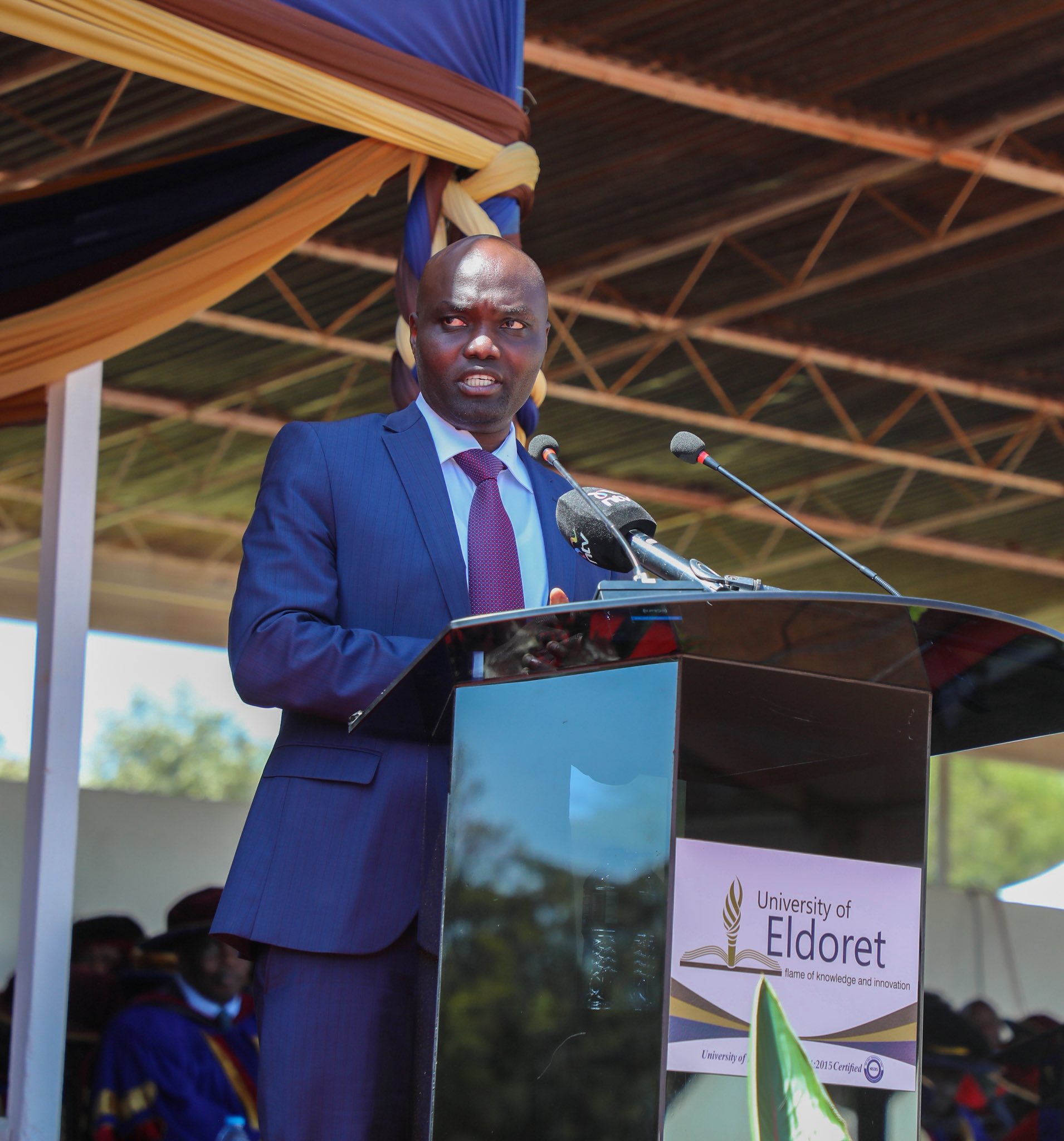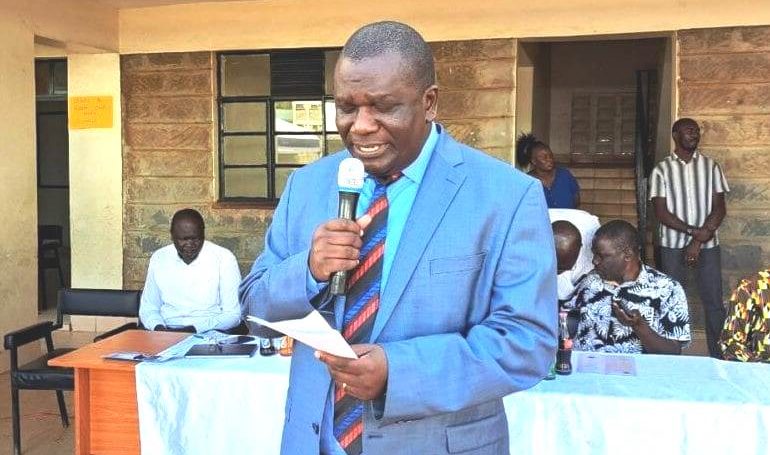Schools that have between 6 and 15 candidates will also be hosted by another centre according to the new circular
By Azael Masese
The Kenya National Examinations Council (KNEC) has come up with a new system of issuing index numbers to the 2019 Kenya Certificate of Education (KCPE) and Kenya Certificate of Secondary Education (KCSE) candidates in a bid to tame rampant exam cheating.
In what is largely seen as an effort to curb exam cheating, index numbers will be given on the basis of the candidates’ admission numbers and not on class performance as has been the tradition.
“All candidates for both KCPE and KCSE examination will be issued with an index number as per the schools admission register not class performance as was the case in previous years,” the circular by Acting KNEC CEO, Mercy Karogo, states in part.
She states that all candidates must be registered where they have been learning; adding that any school that has between 6 and 15 candidates will be hosted by another centre to be determined by the Sub County Director of Education.
The hosted school, according to KNEC, will retain its code during registration of candidates while schools with less than five candidates are advised to register their candidate in another approved examination centre.
In the registration for the 2019 KCPE, KCSE and Qualifying Test that starts 2nd January 2019 and ends 15th February 2019, KNEC warns that double registration will be considered as an examination malpractice.
Private schools, notably, have gained the notoriety of registering candidates in different centres, depending on their performance.
Poor performers and high performers though taught in one centre, their examination centres are different.
This is meant to attract a large number of pupils and students joining these institutions based on their past stellar performances.
It is therefore common to find a candidate whose admission number indicates that he or she was the first to report to a particular school to be at the tail end of the index numbers’ list.
Some schools could field less than 15 candidates for the national exercise but the new rules require that a school must have more than 15 candidates to become a centre.
Dated 26th November 2018 and referenced KNEC/GEN/CS/PRO/CIR/NOV/2018/02/REV 6.0, the circular is addressed to the heads of primary and secondary schools and all Sub County Directors of Education.
New schools that wish to register as KNEC examination centres should submit a valid registration certificate from the County Director of Education.
Besides, the school must submit a duly filled inspection questionnaire from the Sub County Director of Education.
“New sub counties wishing to be allocated a KNEC code and coding of the schools should also submit a number of required items,” it states.
This includes a Kenya Gazette notice legalizing the creation of the Sub County among others.
As was the case in 2018, all documents will have to be downloaded from KNEC website.
Candidates with foreign certificates are registered for Qualifying Test a year before they are due to register for KCSE.
And though the Government will foot the examination fee, which it has been doing since 2016, re-sitting or repeaters would however be expected to pay the examination fees.
“The Government of Kenya shall pay examination fees for all candidates in public and private schools except candidates who are re-sitting or repeaters,” the circular states.
Once the details are recorded, all heads of institutions are expected to ensure all candidates registration details are captured correctly and every candidate has confirmed the same and signed the nominal roll.
The Sub County Director of Education will be expected to submit to KNEC all registration documents from the schools and private candidates by 28th February 2019.






